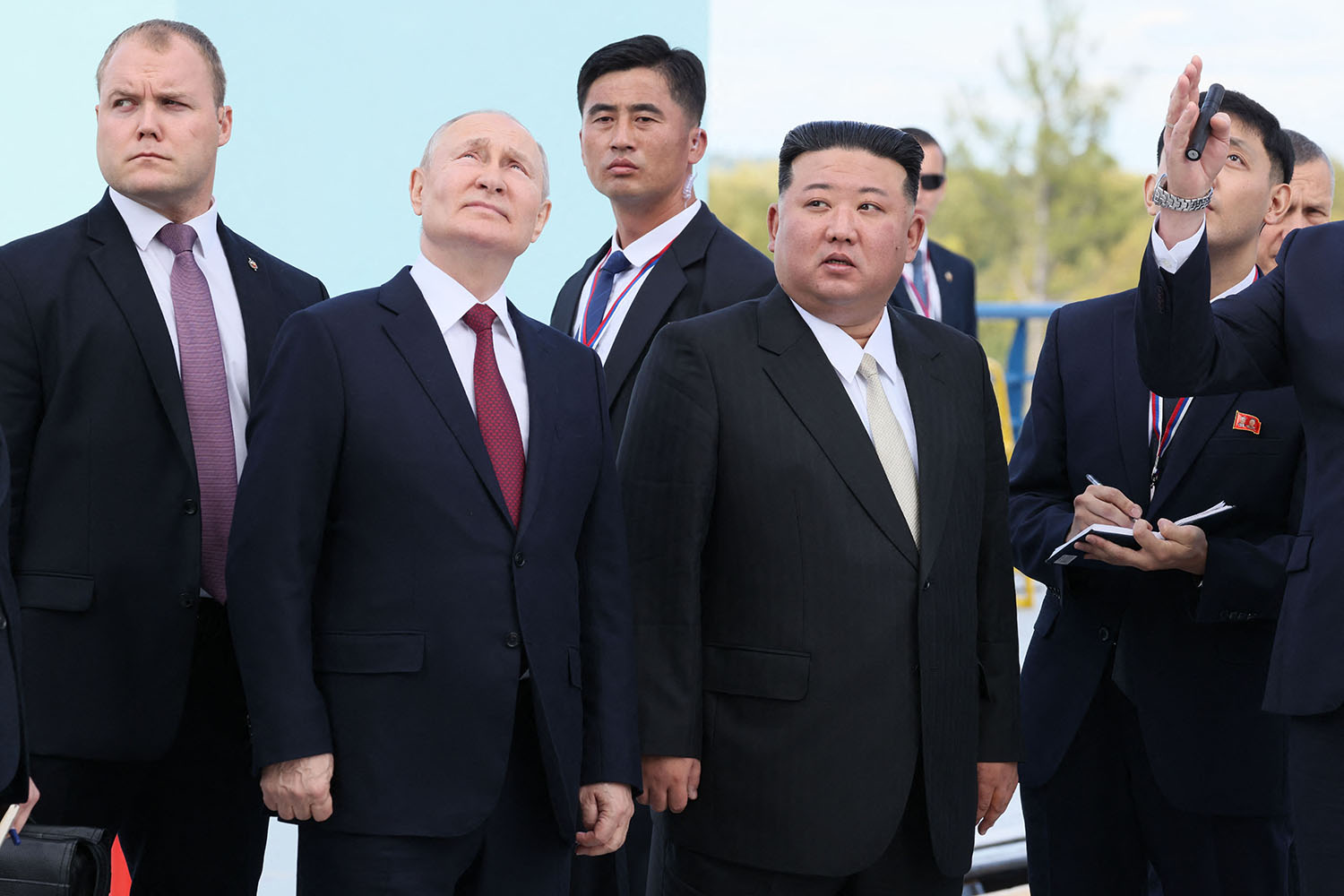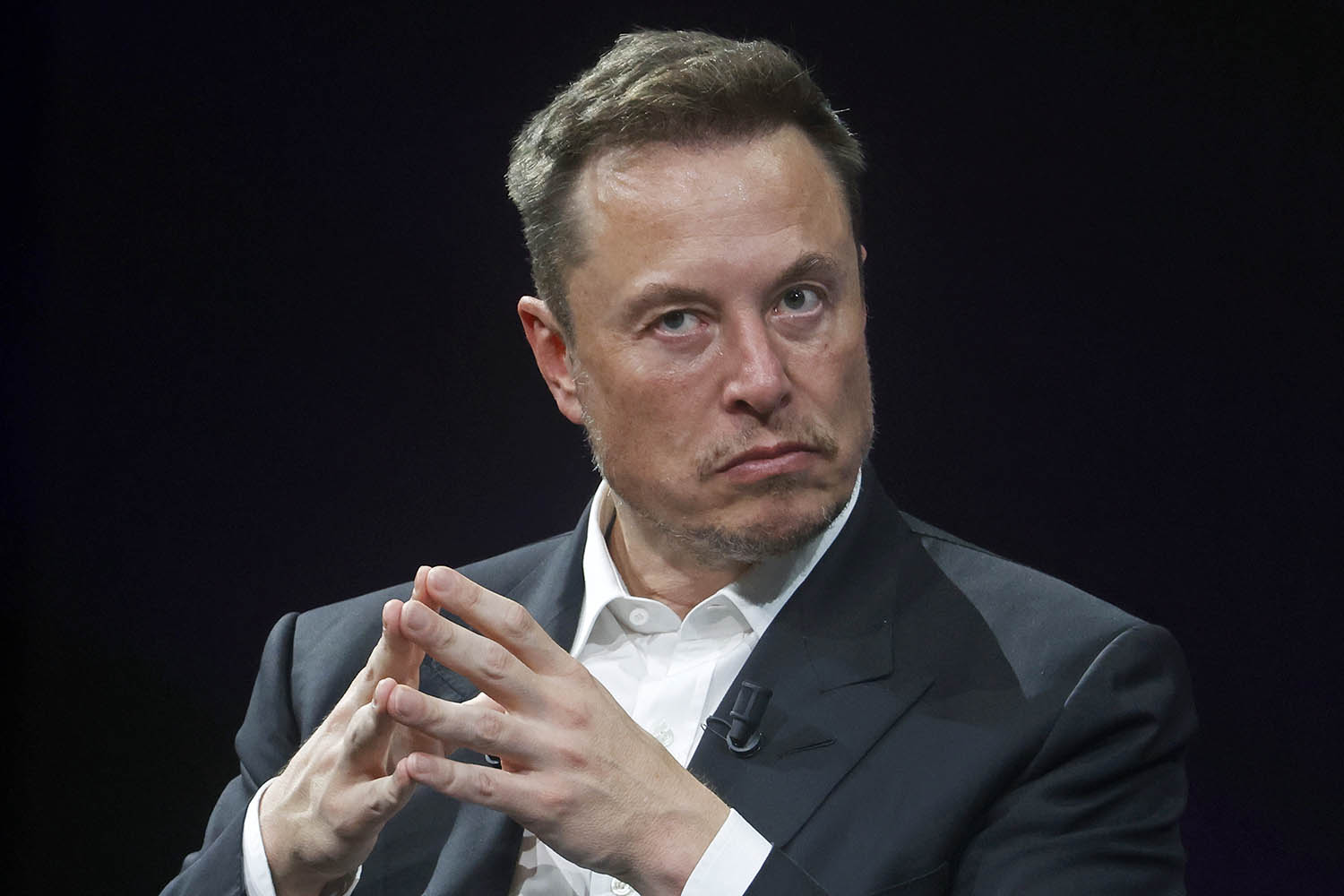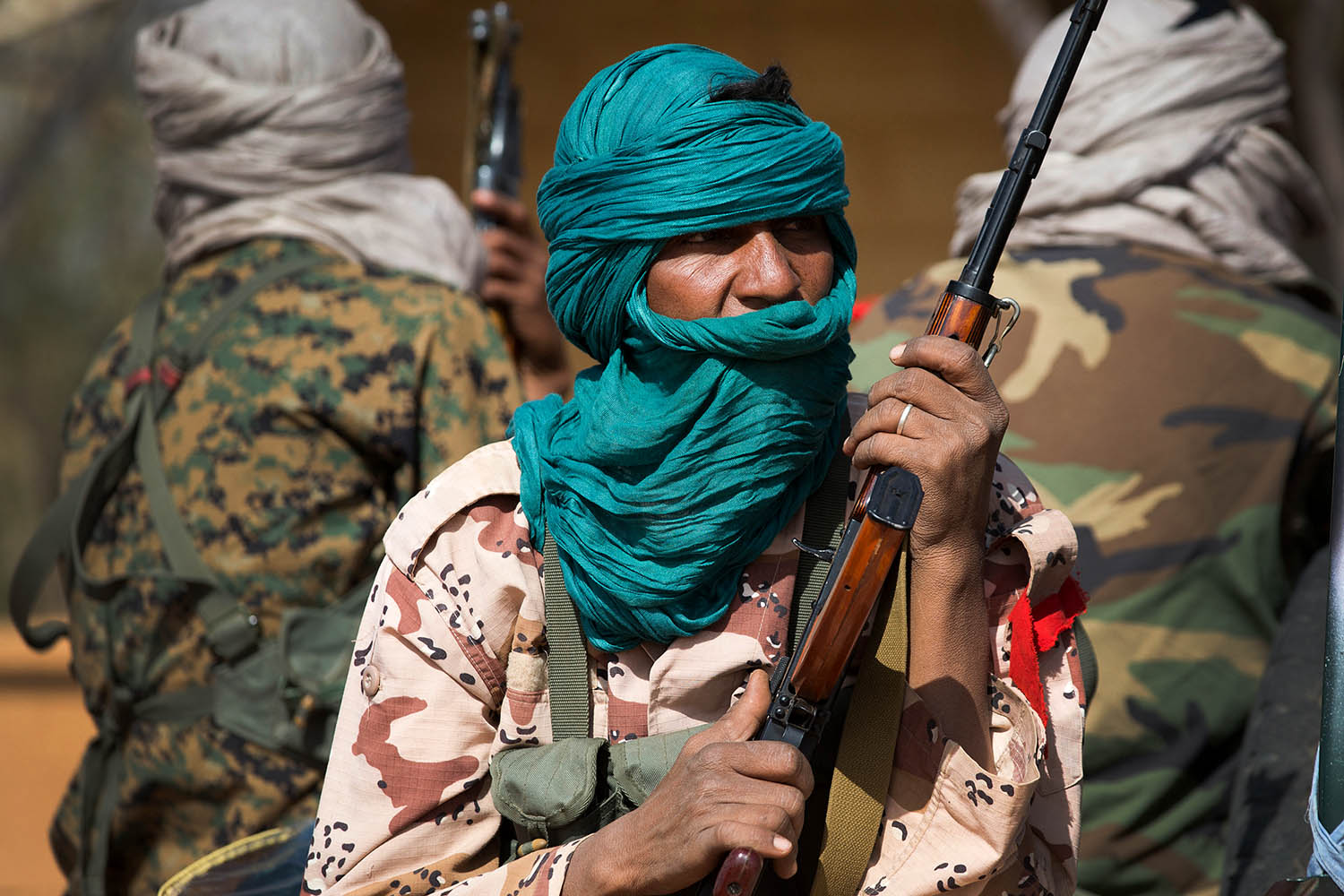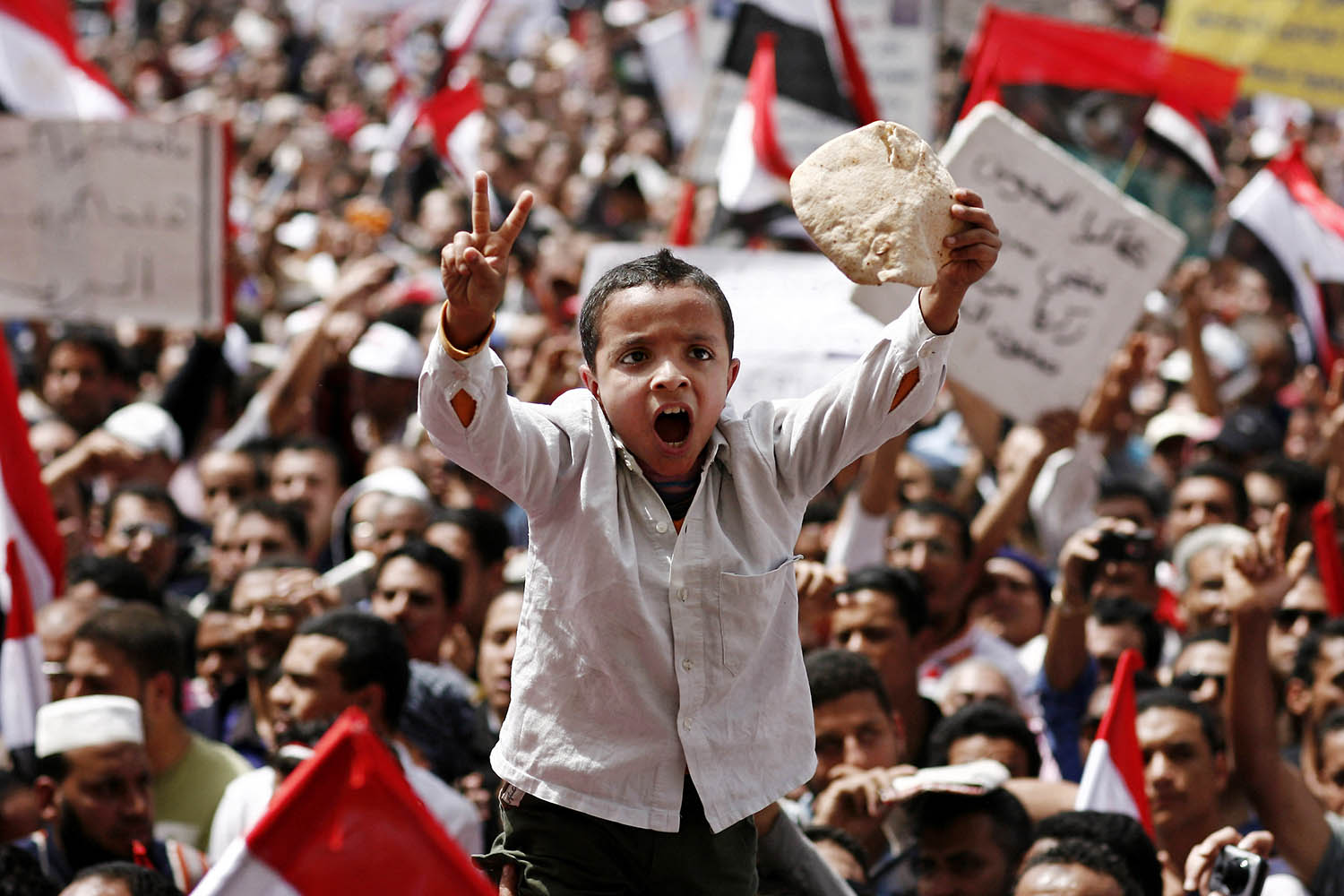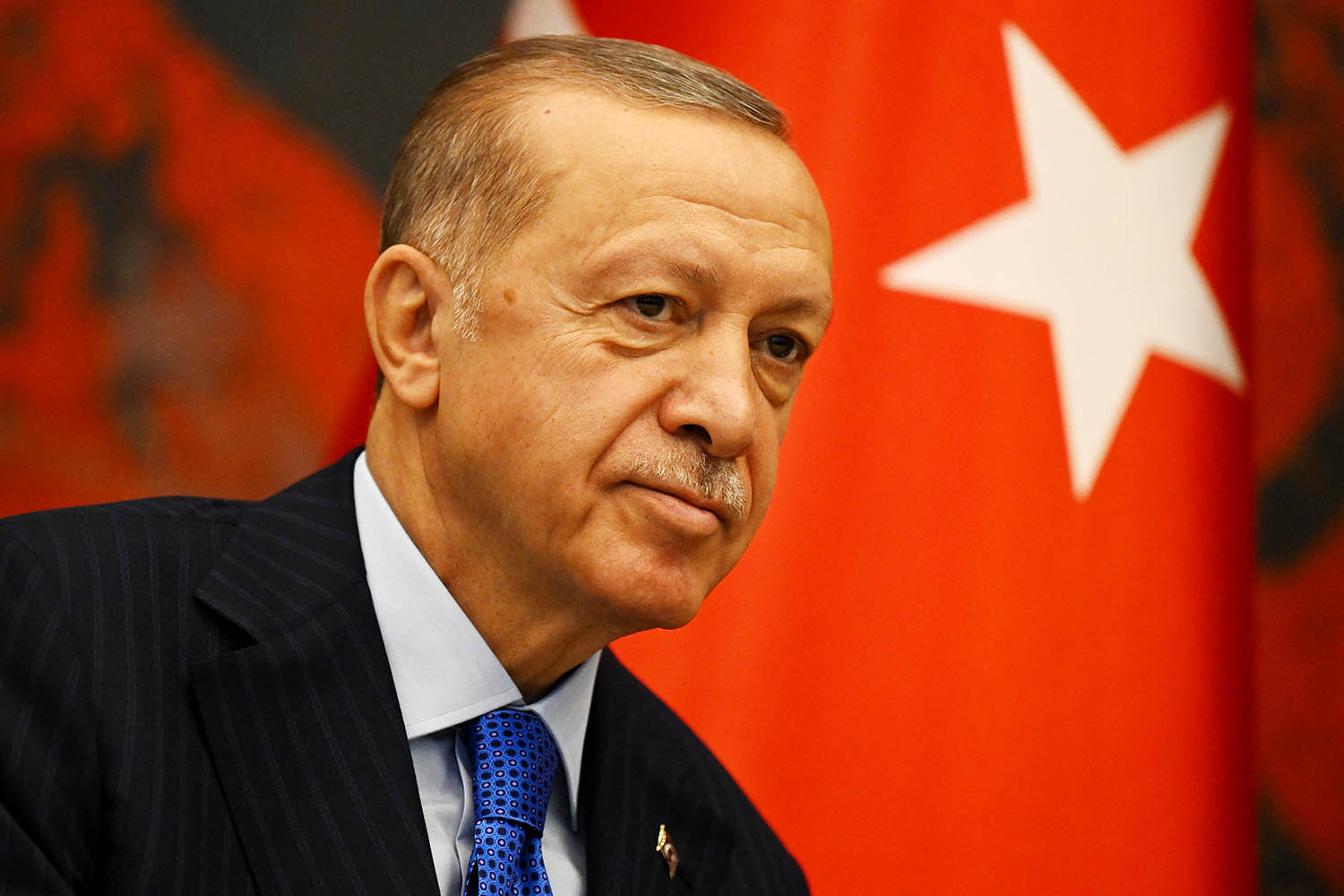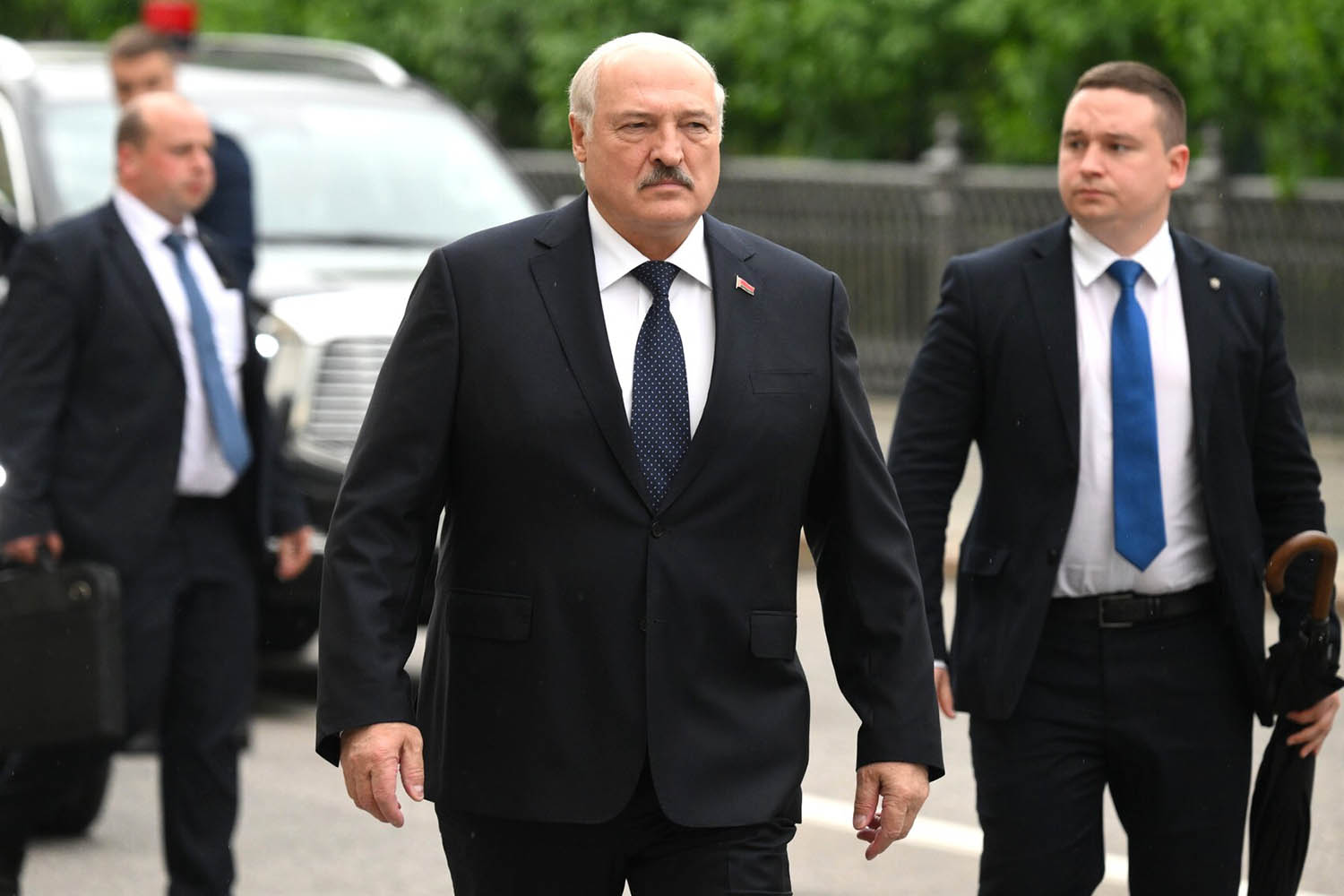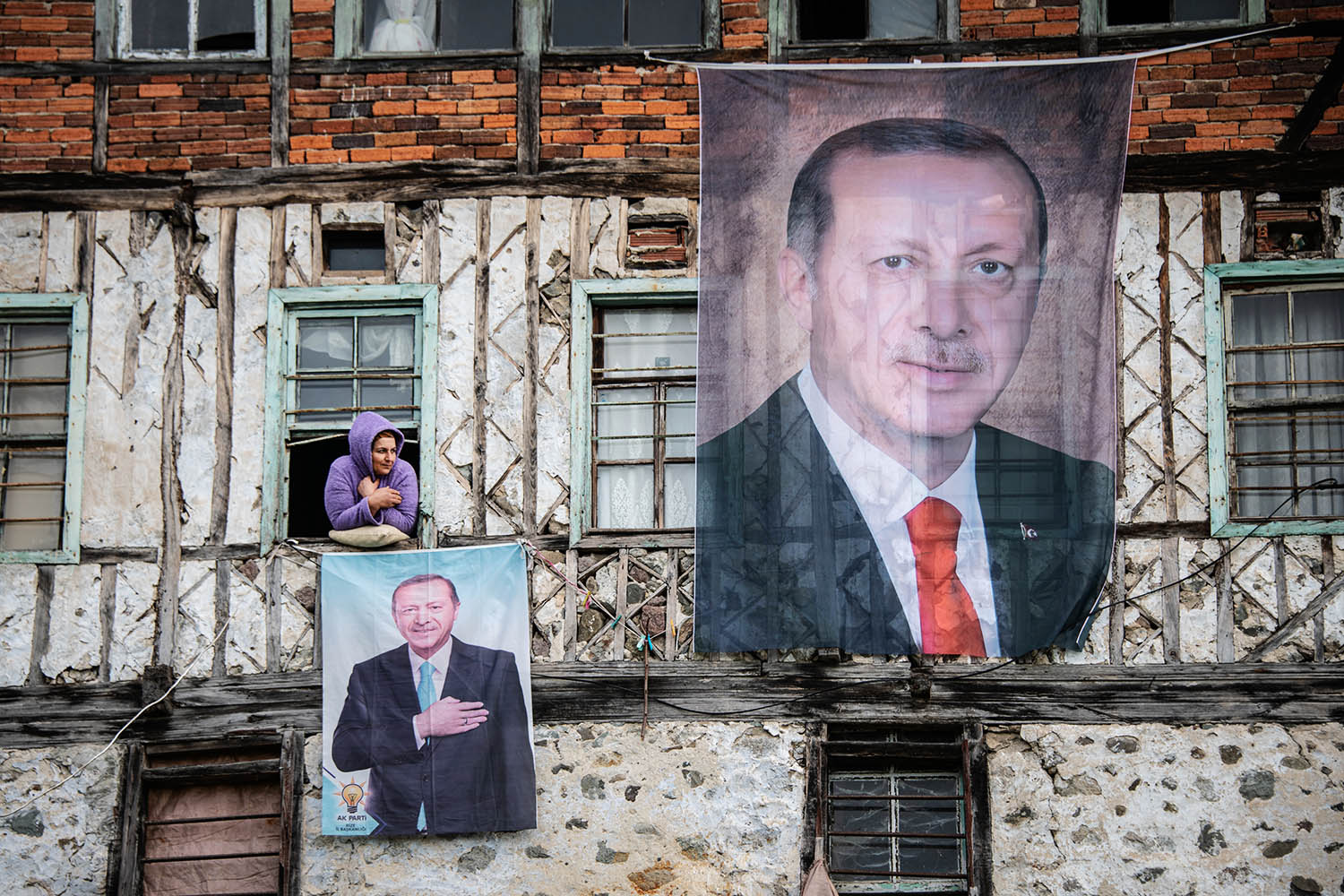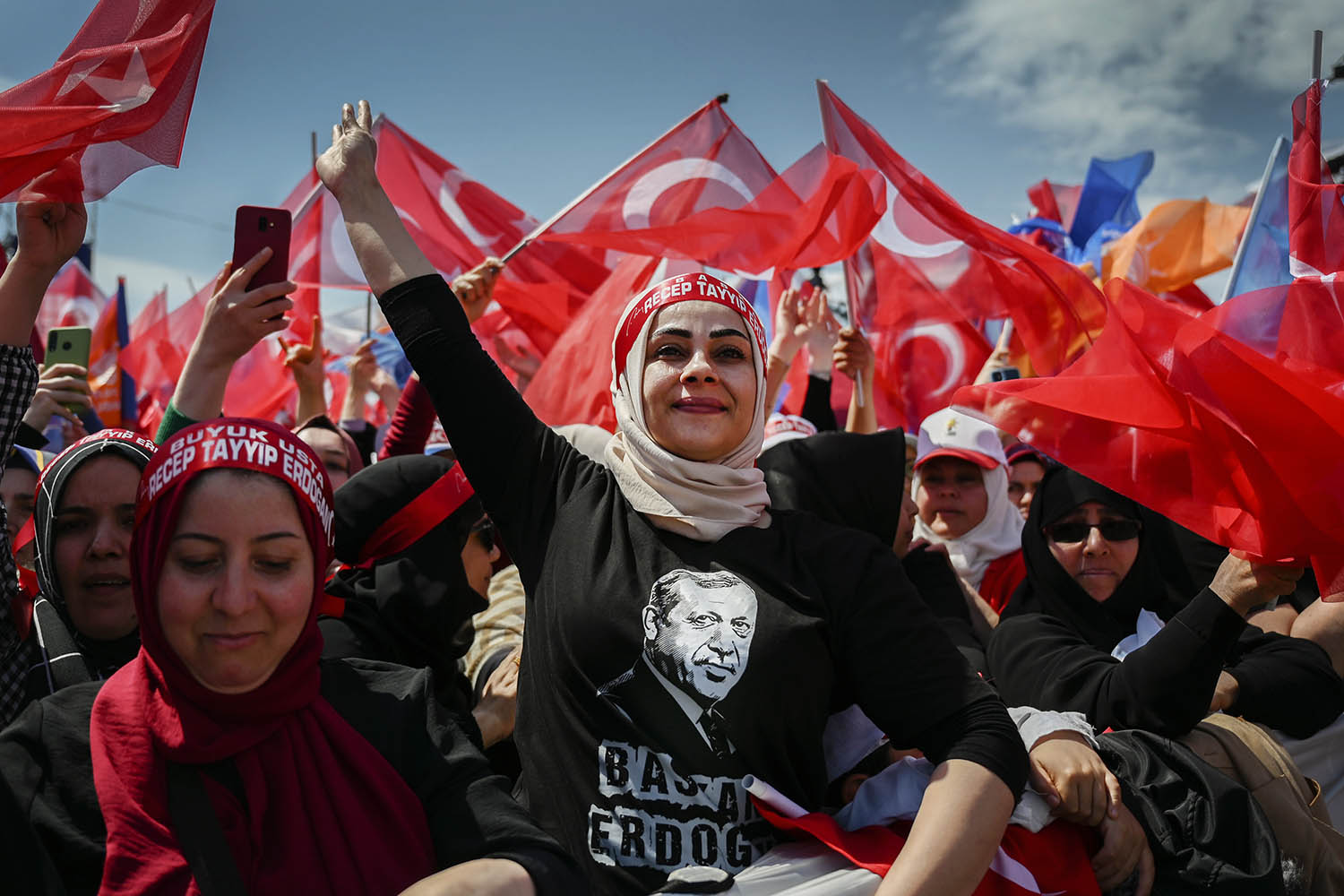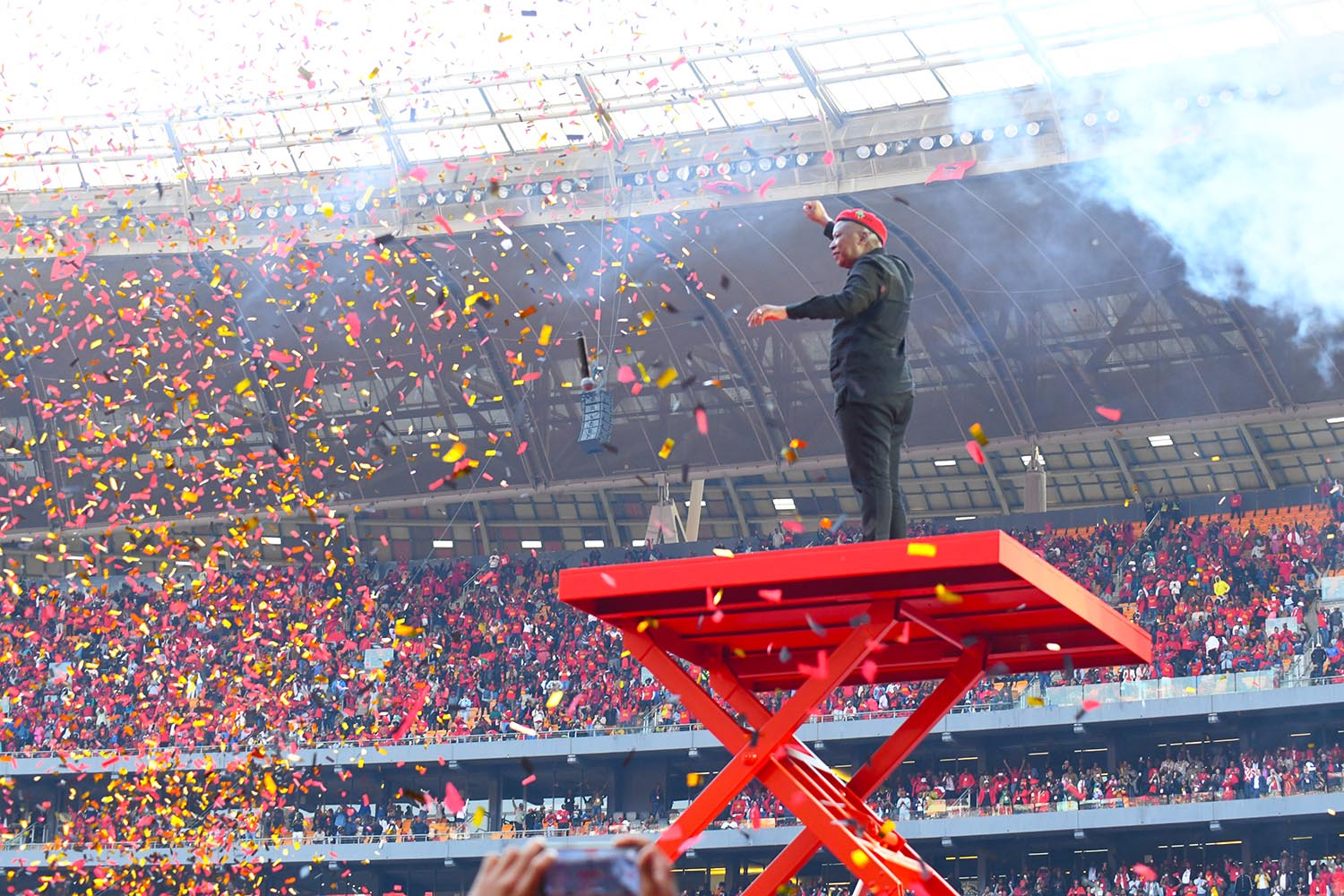
- Niger’s coup leaders closed their country’s airspace after alleged threats of intervention by other West African states.
- Saudi Aramco reported a 38 per cent drop in second-quarter profit due to falling crude prices.
- England knocked Nigeria out of the Women’s World Cup and went through to the quarter-finals.
As his podium rose up through a blizzard of confetti, Julius Malema was saluted like a rock star by adoring supporters.
The FNB football stadium in Soweto is more used to crowds for the local Kaizer Chiefs team, but Malema last week managed to fill its 95,000 seats with supporters of his radical political party.
So what? The jamboree marked the 10-year anniversary of Malema’s Marxist Economic Freedom Fighters (EFF). In that time, the former youth leader of the ruling African National Congress (ANC) has turned it into South Africa’s third-largest party, feeding on the anger and disillusion among many young black voters that while apartheid may have ended, their economic plight has not improved.
The country may now be a democracy and the ANC-run government overwhelmingly black, but the country’s land and money are still mainly white, he argues.
- White owners hold 72 per cent of all of the registered farmland land in the country.
- Whites in South Africa earn three times more than blacks on average.
- South Africa is the most unequal country in the world in terms of incomes, according to the World Bank.
- Unemployment rate among South Africans aged 15 to 34 is at 46 per cent.
To rectify this, Malema unashamedly calls for the nationalisation of mines and banks and the expropriation and redistribution of land. He also leads supporters in a song with the refrain “kill the boer”. His critics say this is an incitement to violence against white farmers, but he says it’s simply an old apartheid struggle song.
To his faithful, this red-beret-wearing firebrand is a charismatic hero unafraid to stand up for marginalised blacks. Opponents seem unable to decide if he is a dictator-in-waiting with fascist leanings, or a showman with a genius for stirring up notoriety. As one South African news agency suggested, his Soweto rally appeared part Mussolini, part Madonna.
Yet the anger he has tapped into is real. Some 29-years after apartheid ended, a young generation born after the end of white rule is frustrated with the ANC’s failure to make South Africa more equal. Some blame Nelson Mandela himself for having given too much away to ensure a peaceful transition and doing too little to restructure the country’s wealth.
On top of that is the ANC’s endemic corruption and its failure to deliver even basic services:
- Africa’s most industrialised economy is wracked by daily power cuts which in the past year have often hit 10 hours per day.
- A poor education system means 80 per cent of 10-year-olds struggle to read.
- Dilapidated sewage and water works have been blamed for a significant cholera outbreak this year.
This disillusion with the party of Mandela hangs over the run-in to next year’s elections, which are likely to be the most important since the end of white rule.
After years of declining vote share and dwindling turnout, the ANC is widely expected to lose its overall majority for the first time, ending three decades of hegemony. The party won nearly 70 per cent of the vote in 2004, but by 2019 that had fallen to under 58 per cent. By the time of municipal elections in 2021, the party’s vote share had fallen below 50 per cent for the first time. Next year it’s expected to fall below 50 per cent again, ushering in a new era of coalition politics.
In such circumstances, the EFF vote share, which was 11 per cent in 2019, could be very useful to the ANC. Malema will be attempting to prove he can be not just a populist agitator, but a king-maker or potential coalition partner.
Photograph Getty Images
